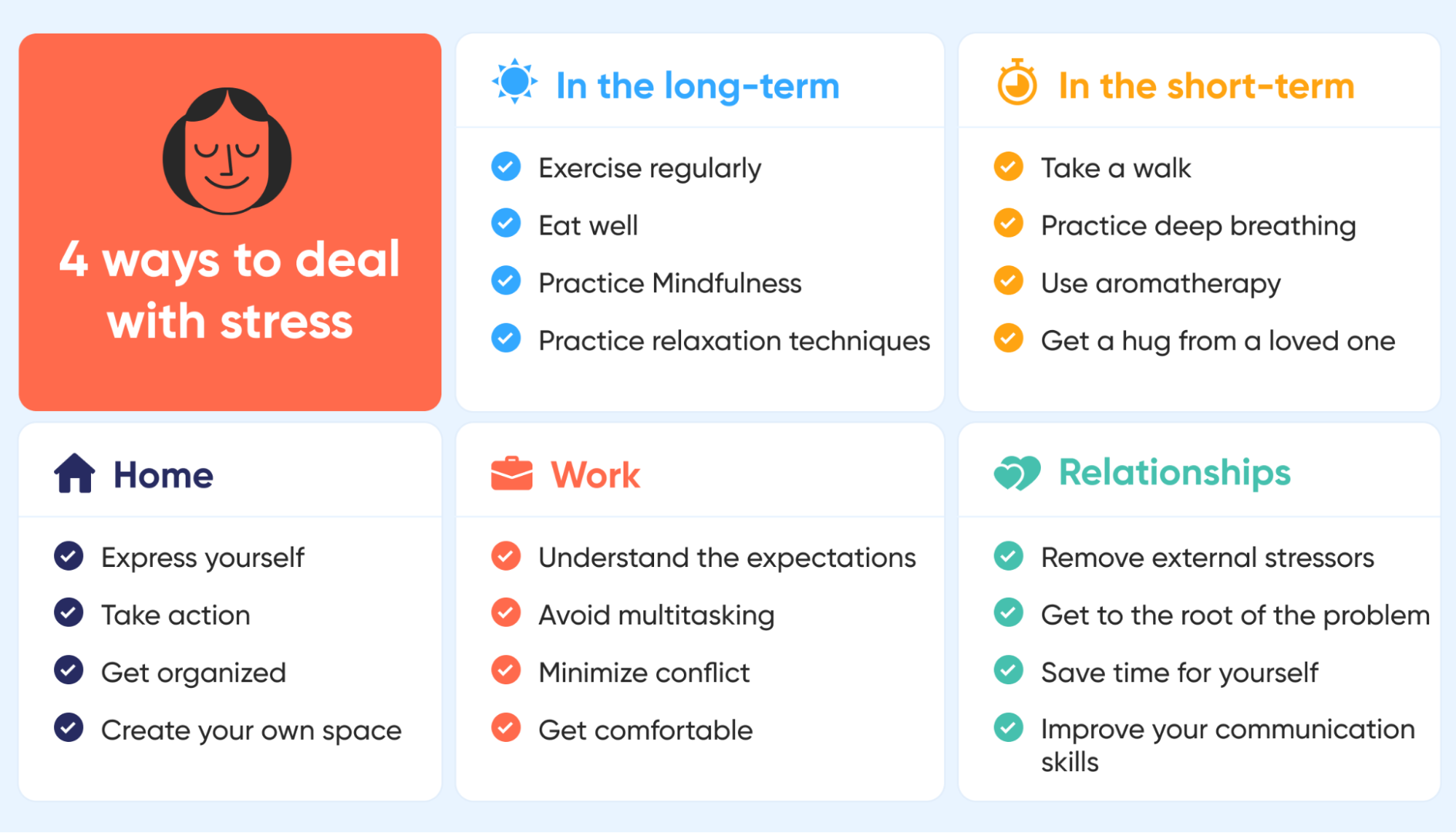As someone who has often found myself scrambling to meet deadlines, I can attest to the fact that it is a source of immense stress. There have been nights spent sleepless, fueled by countless cups of coffee, as I desperately tried to finish a project due the next day. However, over time, I have learned a few invaluable strategies that have helped me manage deadlines in a more organized and stress-free manner.
First and foremost, it is crucial to start early. Procrastination may feel tempting, but it only leads to unnecessary stress and a rushed final product. By giving yourself sufficient time to complete a task, you allow room for unforeseen obstacles, revisions, and most importantly, breaks. Starting early also enables you to work at a leisurely pace, which often fosters creativity and better outcomes.
To effectively manage deadlines, it is essential to break down the project into smaller, manageable tasks. This approach not only prevents overwhelm, but it also provides a clear roadmap to follow. By creating a to-do list, you can identify the individual steps needed to achieve your goal. Furthermore, each accomplished task brings a sense of accomplishment, motivating you to continue onward.
One technique that has proven particularly effective for me is setting specific and realistic goals. Assigning specific deadlines to each task helps maintain focus and ensures progress towards the final deliverable. However, it is crucial to be realistic when setting these deadlines. Overly ambitious goals may lead to burnout or subpar work. Remember, quality is just as important as meeting the deadline itself.
In addition to setting goals, establishing a routine can work wonders in meeting deadlines. Personally, I find that dedicating a specific time each day to work on a project helps maintain consistency and minimizes procrastination. By making this time non-negotiable, you create a habit and minimize the risk of distractions interfering with your progress.
While it may seem counterintuitive, taking regular breaks is paramount to effective deadline management. It is easy to fall into the trap of believing that working non-stop will yield faster results. However, studies have shown that brief breaks actually enhance productivity and prevent burnout. Therefore, incorporating short breaks into your schedule provides an opportunity to recharge and approach the task with renewed focus and creativity.
Furthermore, when facing tight deadlines, it can be helpful to prioritize tasks based on their importance and urgency. By identifying the most critical elements of the project, you ensure that they receive attention first, while less pressing tasks can be completed afterward. This approach prevents wasting time on less important aspects and ensures that the most crucial elements are completed within the allotted timeframe.
Another valuable strategy to manage deadlines is effective communication. Often, we hesitate to reach out for help or clarification, fearing that it may be seen as a sign of weakness or incompetence. However, communicating with colleagues or supervisors can save valuable time and prevent any misunderstandings. Seeking guidance or sharing concerns can help clarify expectations and ensure that everyone is on the same page, ultimately leading to a smoother workflow and better outcomes.
In addition to these strategies, employing time management techniques can significantly enhance your ability to meet deadlines efficiently. Tools such as calendars, project management software, or mobile apps can help organize tasks, set reminders, and provide a visual representation of your progress. Utilizing these resources not only aids in staying organized but also provides a sense of control over your workload.
Lastly, it is important to acknowledge and manage stress. Deadlines naturally bring about a certain level of pressure, but excessive stress can hinder productivity and lead to burnout. Engaging in activities such as exercise, meditation, or hobbies can help alleviate stress and promote mental well-being. Additionally, seeking support from friends, family, or professionals can provide valuable perspective and assist in managing stress effectively.
In conclusion, managing deadlines requires a multi-faceted approach that combines effective time management, goal-setting, and a balanced mindset. By starting early, breaking down tasks, setting realistic goals, establishing routines, taking regular breaks, prioritizing tasks, communicating effectively, utilizing time management techniques, and managing stress, you can navigate deadlines with confidence and without the overwhelming stress that often accompanies them. Remember, it is not only about meeting the deadline; it is also about producing quality work and maintaining your well-being throughout the process.
